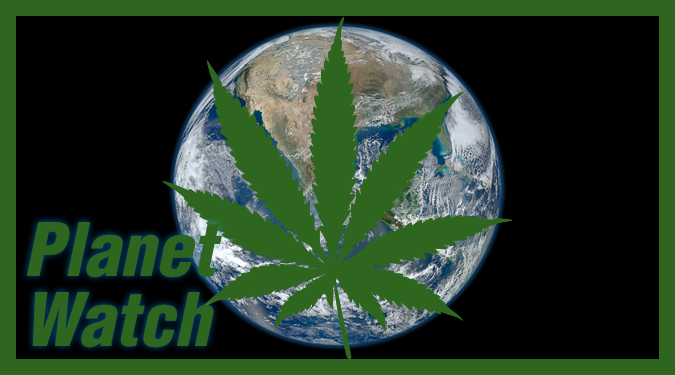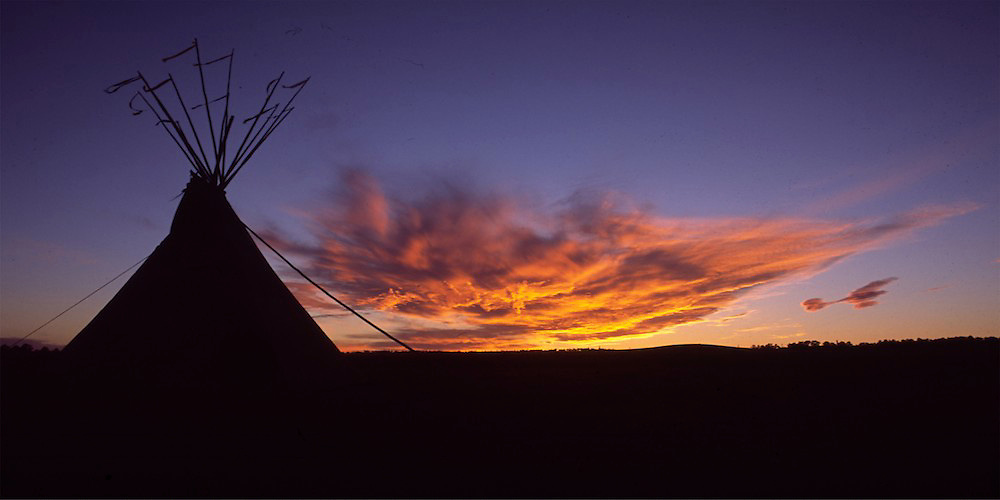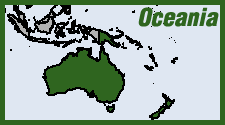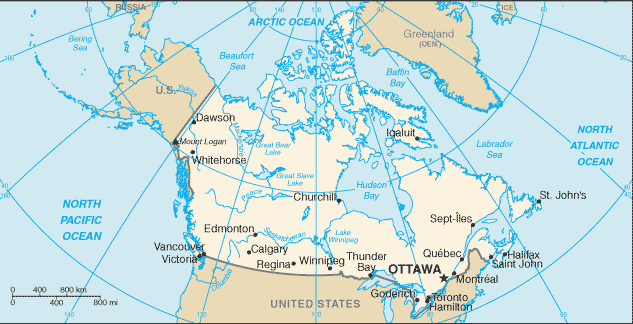 The cannabis industry is globalizing fast, which means changes for mainstays of commercial production in Europe and North America, and new players coming on line from regions such as the Middle East, Southeast Asia and Central America. Here’s a brief overview of a few entries from these categories.
The cannabis industry is globalizing fast, which means changes for mainstays of commercial production in Europe and North America, and new players coming on line from regions such as the Middle East, Southeast Asia and Central America. Here’s a brief overview of a few entries from these categories.

 The original peoples of what is now the United States were left in legal limbo in the wake of the 2018 Farm Bill, which made hemp cultivation again lawful. Federally recognized Native American tribes could not cultivate under state regulation, because the states have limited jurisdiction on their reservations. But the US Agriculture Department dragged its heels in issuing federal regs that could apply on these lands. Caught between two sovereigns, many farmers in Indian country are asserting their right to cultivate hemp under the un-extinguished sovereignty of their own Native nations.
The original peoples of what is now the United States were left in legal limbo in the wake of the 2018 Farm Bill, which made hemp cultivation again lawful. Federally recognized Native American tribes could not cultivate under state regulation, because the states have limited jurisdiction on their reservations. But the US Agriculture Department dragged its heels in issuing federal regs that could apply on these lands. Caught between two sovereigns, many farmers in Indian country are asserting their right to cultivate hemp under the un-extinguished sovereignty of their own Native nations. In the near future, the CBD, THC or other cannabinoids you consume in edibles or medications may not be derived from cannabis at all, but grown in a laboratory.
In the near future, the CBD, THC or other cannabinoids you consume in edibles or medications may not be derived from cannabis at all, but grown in a laboratory. The global cannabis economy is now reaching Oceania, with commercial cultivation underway in Australia, a legalization referendum coming up in New Zealand, and legal barriers starting to come down in the Pacific Islands.
The global cannabis economy is now reaching Oceania, with commercial cultivation underway in Australia, a legalization referendum coming up in New Zealand, and legal barriers starting to come down in the Pacific Islands.  Canada's largest licensed producer of cannabis, with globe-spanning operations, is shutting down two massive greenhouses in British Columbia, and laying off hundreds of workers. Industry observers call it a sign that infrastructure overshot the market in the post-legalization euphoria.
Canada's largest licensed producer of cannabis, with globe-spanning operations, is shutting down two massive greenhouses in British Columbia, and laying off hundreds of workers. Industry observers call it a sign that infrastructure overshot the market in the post-legalization euphoria. Political space for cannabis is generally on the upswing, but there are some intersecting trends that advocates will need to keep a sharp eye on in the coming year. Corporate cannabis will increase pressure on independent producers, while prohibitionists will try to leverage the vape health scare for anti-cannabis propaganda. And the cannabis industry's own terminology may be actually adding to the confusion.
Political space for cannabis is generally on the upswing, but there are some intersecting trends that advocates will need to keep a sharp eye on in the coming year. Corporate cannabis will increase pressure on independent producers, while prohibitionists will try to leverage the vape health scare for anti-cannabis propaganda. And the cannabis industry's own terminology may be actually adding to the confusion. A new study in Canada on cannabis and driving casts doubt on zero-tolerance limits for THC. The study's authors say that THC can indeed impair driving—but that applying laws designed for booze to marijuana is bad science and bad policy.
A new study in Canada on cannabis and driving casts doubt on zero-tolerance limits for THC. The study's authors say that THC can indeed impair driving—but that applying laws designed for booze to marijuana is bad science and bad policy. The higher consciousness associated with the best values of the cannabis community is manifested in Toronto activist Amy Anonymous, who for nine years now has been giving out bags of milk, cookies, warm clothes and (for those who want it) cannabis, to help the city's homeless make it through the harsh Canadian winter.
The higher consciousness associated with the best values of the cannabis community is manifested in Toronto activist Amy Anonymous, who for nine years now has been giving out bags of milk, cookies, warm clothes and (for those who want it) cannabis, to help the city's homeless make it through the harsh Canadian winter.





Recent comments
2 weeks 6 days ago
3 weeks 6 days ago
7 weeks 6 days ago
11 weeks 4 days ago
15 weeks 5 days ago
16 weeks 3 days ago
26 weeks 3 days ago
30 weeks 3 days ago
31 weeks 4 days ago
31 weeks 4 days ago